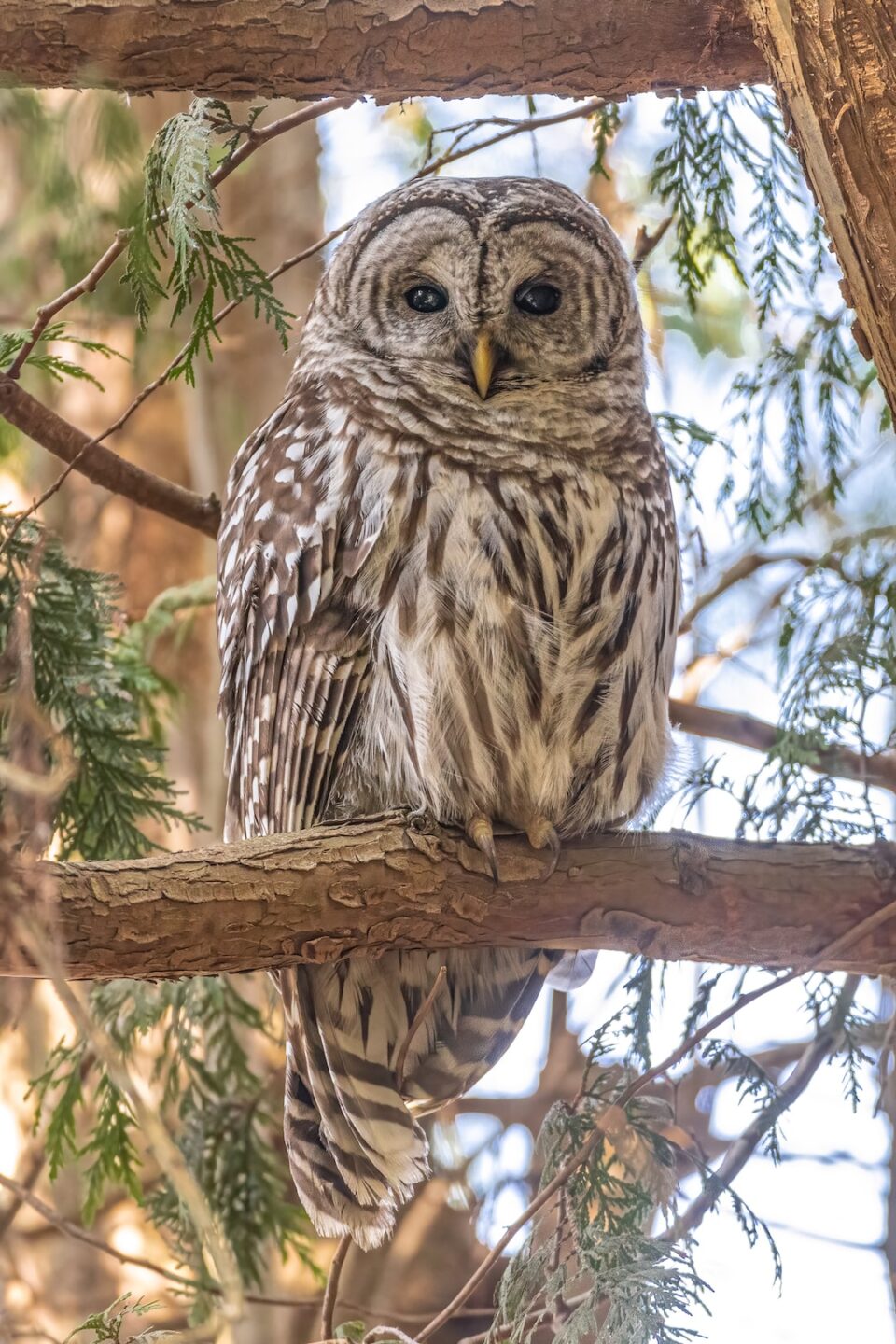Wildlife conservation has never been more important than it is today. With deforestation, climate change, poaching, and other human activities leading to the extinction of many species around the world, it is critical that conservation efforts be taken to ensure that these species will survive for future generations. Sustainable practices are an important component of effective wildlife conservation that ensures that we are not only preserving species, but also preserving our natural resources for future generations.
Sustainable practices are those that allow us to use natural resources in a way that does not compromise the future availability of these resources. In wildlife conservation, this means taking steps to ensure that the way we use resources is sustainable and does not contribute to the decline of animal populations or habitats. Perhaps the most obvious example of sustainable practices in wildlife conservation is the promotion of ecosystem restoration. This involves identifying areas of land that have been degraded or destroyed and working to restore them to their natural state. This can include planting native vegetation, controlling invasive species, and improving soil quality to promote biodiversity.
Another important aspect of sustainable practices in wildlife conservation is the promotion of sustainable tourism. This is a rapidly growing industry that has the potential to have a significant impact on wildlife conservation efforts. Sustainable tourism involves providing tourists with experiences that are both enjoyable and educational, while also benefiting the environment and the local community. This can include responsible wildlife viewing, such as using binoculars and telephoto lenses to reduce the disturbance to animals, and supporting local businesses that are committed to sustainable practices.
Sustainable hunting is also an important component of wildlife conservation. Many countries have a long tradition of hunting for food, and sustainable hunting practices can help maintain healthy populations of game animals while also providing a source of income for local communities. This means that hunting must be regulated to ensure that there is not over-harvesting of any species, and that hunting is done in a way that is humane and respectful to the animals.
Finally, conservation efforts must be integrated with efforts to reduce and eventually eliminate the causes of wildlife decline. Climate change, deforestation, poaching, and other human activities are all contributing to the decline of many species, and sustainable practices alone will not be enough to reverse these trends. It is essential that governments, businesses, and individuals take action to reduce their impact on the environment and protect natural resources.
In conclusion, sustainable practices are essential for effective wildlife conservation. From promoting ecosystem restoration to supporting sustainable tourism and hunting, these practices help ensure that we are preserving our natural resources for future generations. But sustainable practices alone will not be enough to reverse the trends that are leading to the extinction of so many species. It is essential that we also take action to reduce our impact on the environment and protect natural resources. Together, we can create a future where wildlife can flourish and healthy ecosystems can provide for our needs.

